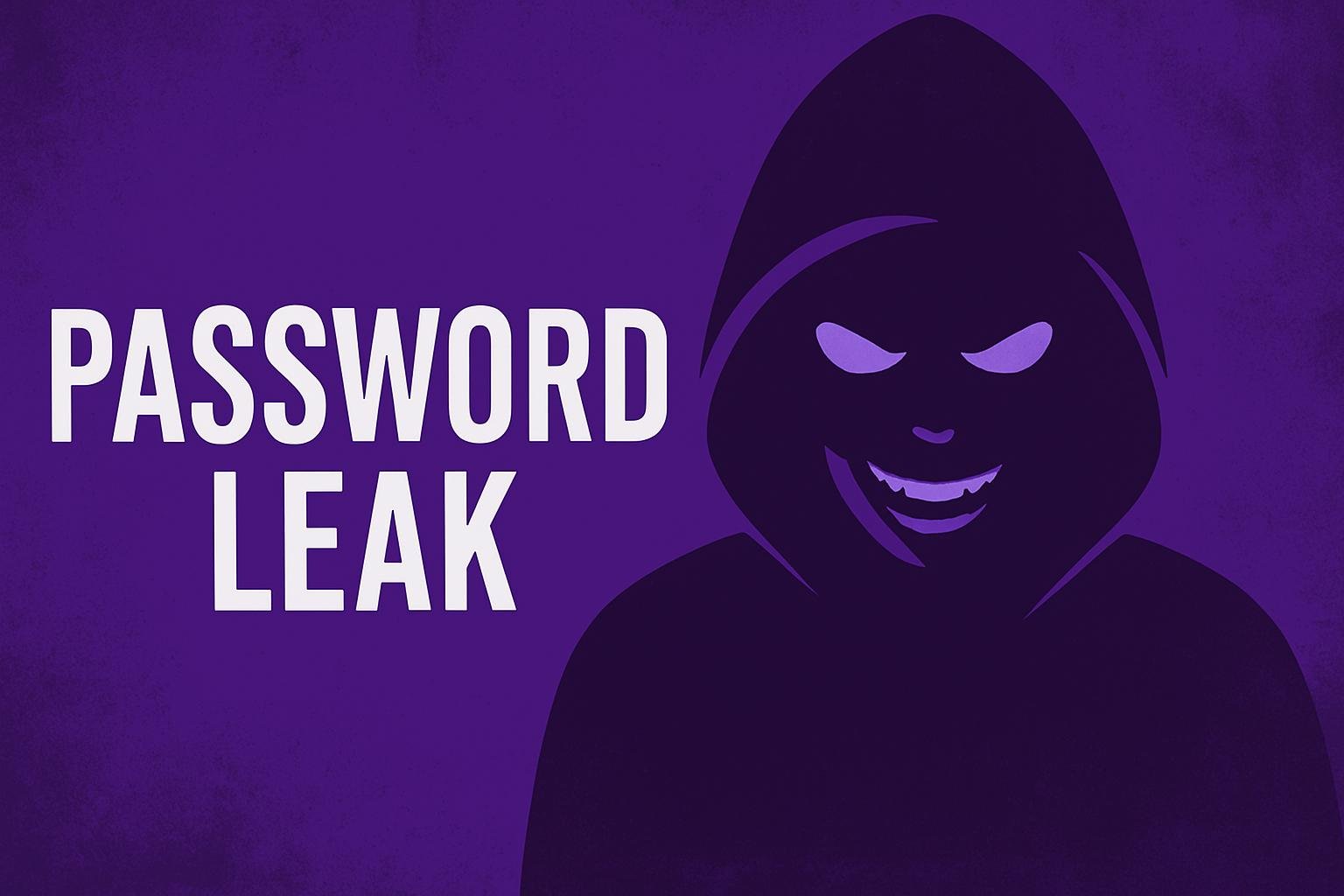In a cybersecurity wake-up call for billions of internet users, more than 184 million email and password combinations including credentials for Apple, Google, Facebook, and Microsoft were recently found exposed online in plain text format. The leak, discovered by security researcher Jeremiah Fowler, reveals a deeply alarming breach in digital hygiene and infrastructure, with the data tied not only to social platforms but also to banking, healthcare, and government accounts.
From Tech Giants to Government Portals: The Scope of the Leak Is Staggering
In one of the most dangerous and far-reaching data exposures in recent memory, cybersecurity researcher Jeremiah Fowler has uncovered a massive unsecured online database containing more than 184 million login credentials, including emails and passwords for platforms like Apple, Google, Facebook, Instagram, Snapchat, and Microsoft. Even more alarming: the data was not encrypted. It was stored as plain text, readable by anyone with access.
What began as a routine scan of misconfigured databases quickly escalated into a full-blown alert after Fowler found that the compromised database contained not only social media credentials, but also login details tied to banking services, healthcare systems, and even government portals. The magnitude and sensitivity of the data make this not just a privacy breach, but a potential national security concern across multiple jurisdictions.
The hosting provider, once alerted, removed public access to the database. But when Fowler requested ownership information, they refused to disclose who was behind the exposed server—leaving the source and intent of the breach unknown.
Unencrypted, Unprotected, Unbelievable: A Cybersecurity Failure of Epic Scale
Unlike many high-profile data leaks where information is at least partially protected through hashing or encryption, this breach laid user credentials bare in text file format no passwords masked, no encryption keys, no protection. Such plain-text storage of sensitive data is a blatant violation of modern cybersecurity standards, exposing millions to credential stuffing, identity theft, and account takeover attacks.
Fowler suspects the data was aggregated using info-stealing malware, which infects user devices and siphons credentials directly from browser storage or keystroke logs. This type of attack bypasses corporate firewalls and traditional security measures, often going undetected for months or even years.
Because the same passwords are frequently used across platforms, the leaked data could allow bad actors to access bank accounts, health profiles, work emails, and cloud services with devastating consequences.
FCRF x CERT-In Roll Out National Cyber Crisis Management Course to Prepare India’s Digital Defenders
Why It Matters Now: The Silent Epidemic of Digital Negligence
What makes this leak particularly dangerous is the complacency it exposes—among users, organizations, and even service providers hosting such data. With passwords changeable but personal information permanent, the long-term implications go beyond financial loss. Health records, banking access, government IDs—these are data points that cannot be “reset.”
This incident is yet another reminder that digital security is no longer optional. Cybercriminals are no longer lone wolves; they are organized, strategic, and increasingly using sophisticated malware to harvest information at scale. While major companies implement two-factor authentication and encryption, users remain the weakest link—often reusing passwords, clicking unknown links, and failing to update apps.
The leak also raises questions about regulatory oversight. How did such a massive trove of sensitive data remain accessible without encryption? Who was collecting it, and why? Will there be accountability, or will this become just another entry in the ever-growing list of global breaches?
What Can Users Do Now? And What Must Tech Companies Learn?
Security experts advise immediate steps for users:
- Change passwords, especially if reused across platforms.
- Use strong, unique combinations with special characters.
- Enable two-factor authentication (2FA) on all accounts.
- Avoid using public Wi-Fi for sensitive transactions.
- Regularly update devices and applications.
- Only download from trusted sources.
For tech companies, this breach is yet another red flag demanding proactive security-by-design architecture, stricter data management policies, and real-time breach detection systems.
As the investigation unfolds, one thing is clear: data is power, and in the wrong hands, it can dismantle lives, institutions, and trust itself. The internet is not just a marketplace of ideas it’s now a battleground for identity.



